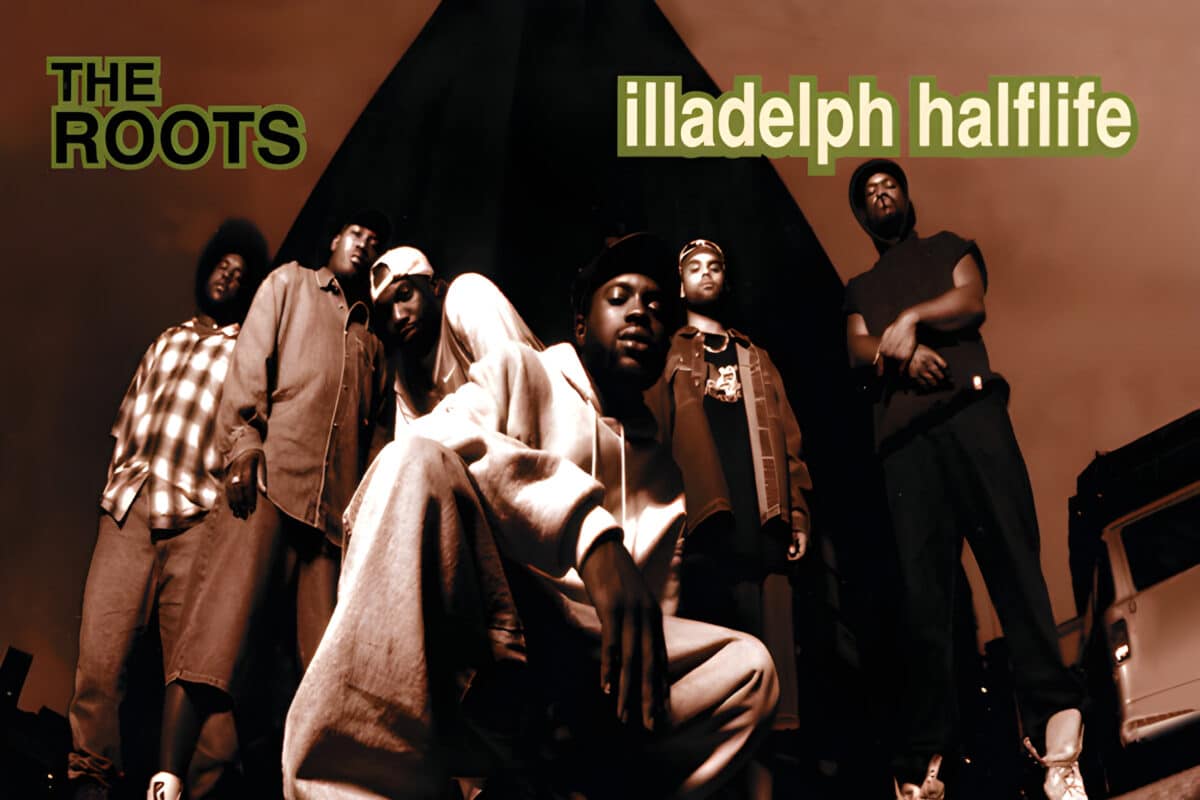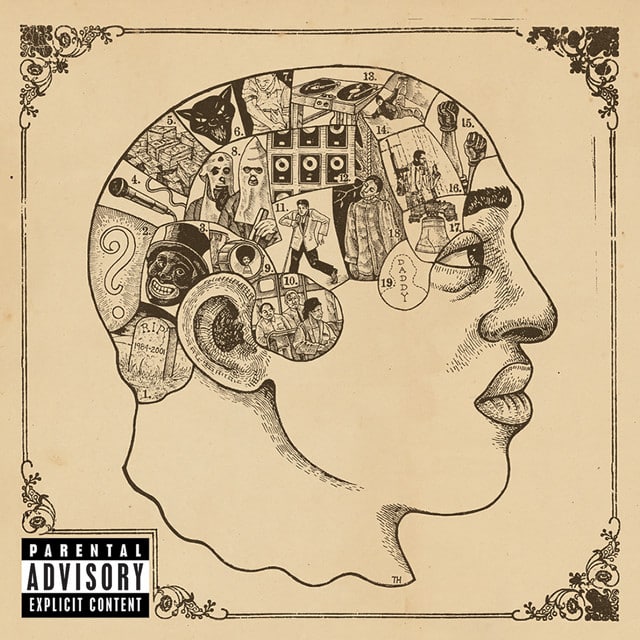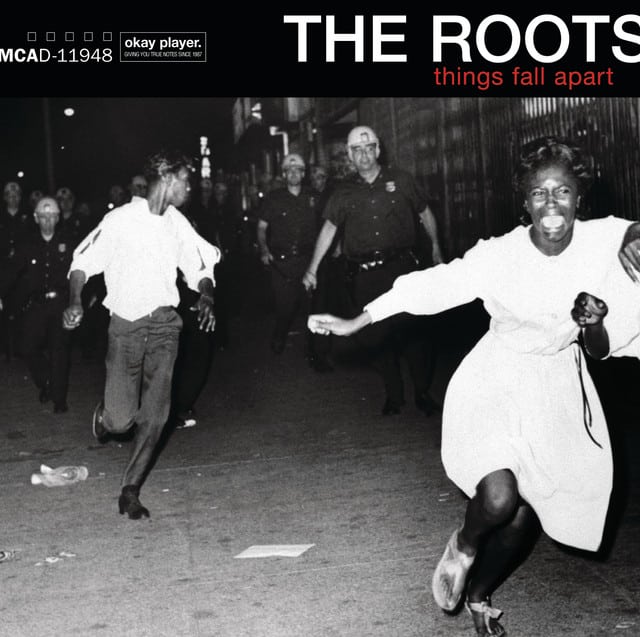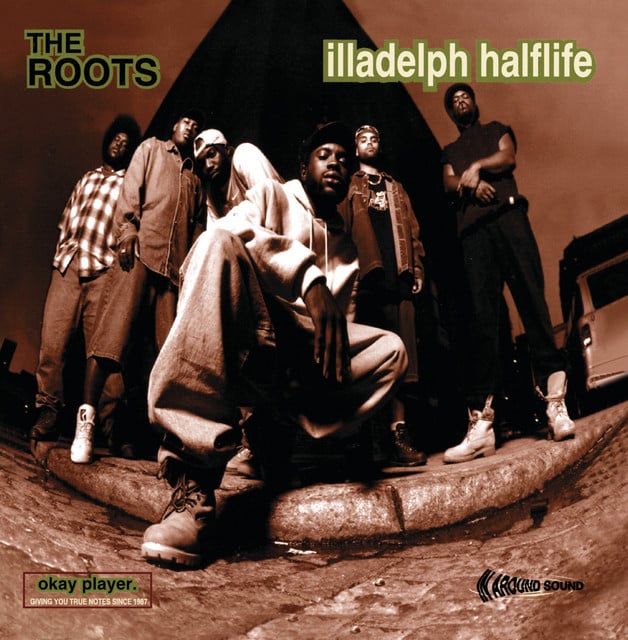Released: 1996
“Clones” by The Roots, featuring Dice Raw and others, isn’t just a track; it’s a deep dive into the realities of street life, authenticity, and the struggle to remain true in a genre filled with imitation. The song layers narrative richness with hard-hitting beats, making it a standout piece in hip-hop. It’s a raw representation of the struggles with identity, survival, and the quest for authenticity in a world of clones.
The opening verse by M.A.R.S. takes us straight to the harsh realities of city life, describing scenes of violence and struggle with phrases like “ill capers” and “fly ass frontin bitches.” These lines paint a picture of a life where danger lurks around every corner, and trust can often lead to betrayal. M.A.R.S. speaks to the cyclical trap of street life, highlighting the futility of seeking wealth through illegal means when it just leads back to incarceration, likened to slavery. He contrasts genuine success with those who only appear to succeed, using the metaphor of platinum versus aluminum to speak on authenticity versus imitation.
Black Thought’s verse elevates the discussion, focusing on the integrity and individuality of an artist in the face of industry pressure and the tendency of others to mimic successful acts. His use of “rap predator” and contrasts like “ten percent real, ninety percent invented” underscore the struggle for authenticity. He criticizes those who lack originality, comparing them to dinosaurs – outdated and bound for extinction. Black Thought champions the true essence of hip-hop: skill, individuality, and authenticity.
Dice Raw then takes the stage, positioning himself as a “juvenile lyricist” and a “corner store terrorist.” His verse is a bold declaration of his dominance in the rap game and his disdain for those who attempt to copy his style. By referring to his opponents as “clones,” Dice Raw emphasizes the importance of originality in hip-hop. His lines showcase his journey and struggle, not just as an artist but as an individual seeking to carve out a unique identity in a world that often rewards imitation over innovation.
Malik B’s contribution continues the theme of battling against inauthenticity and maintaining one’s unique voice amidst a sea of clones. He warns of the dangers of crossing into his realm, where only genuine skill and authenticity survive. Malik B positions himself as a guardian of hip-hop’s true essence, ready to challenge anyone who threatens it. His verse is a call to arms for those who value the roots and depth of hip-hop culture, encouraging listeners to resist the allure of fame and fortune that can lead to artistic compromise.
Throughout “Clones,” The Roots and their collaborators weave a complex narrative that goes beyond mere critique of the hip-hop industry’s tendency towards imitation. It’s a celebration of authenticity, a cautionary tale about the perils of losing one’s identity, and a declaration of the enduring power of true artistry. With each verse, the artists assert their place in the hip-hop hierarchy, not through commercial success or mimicry, but through unapologetic originality and an unwavering commitment to the culture.








